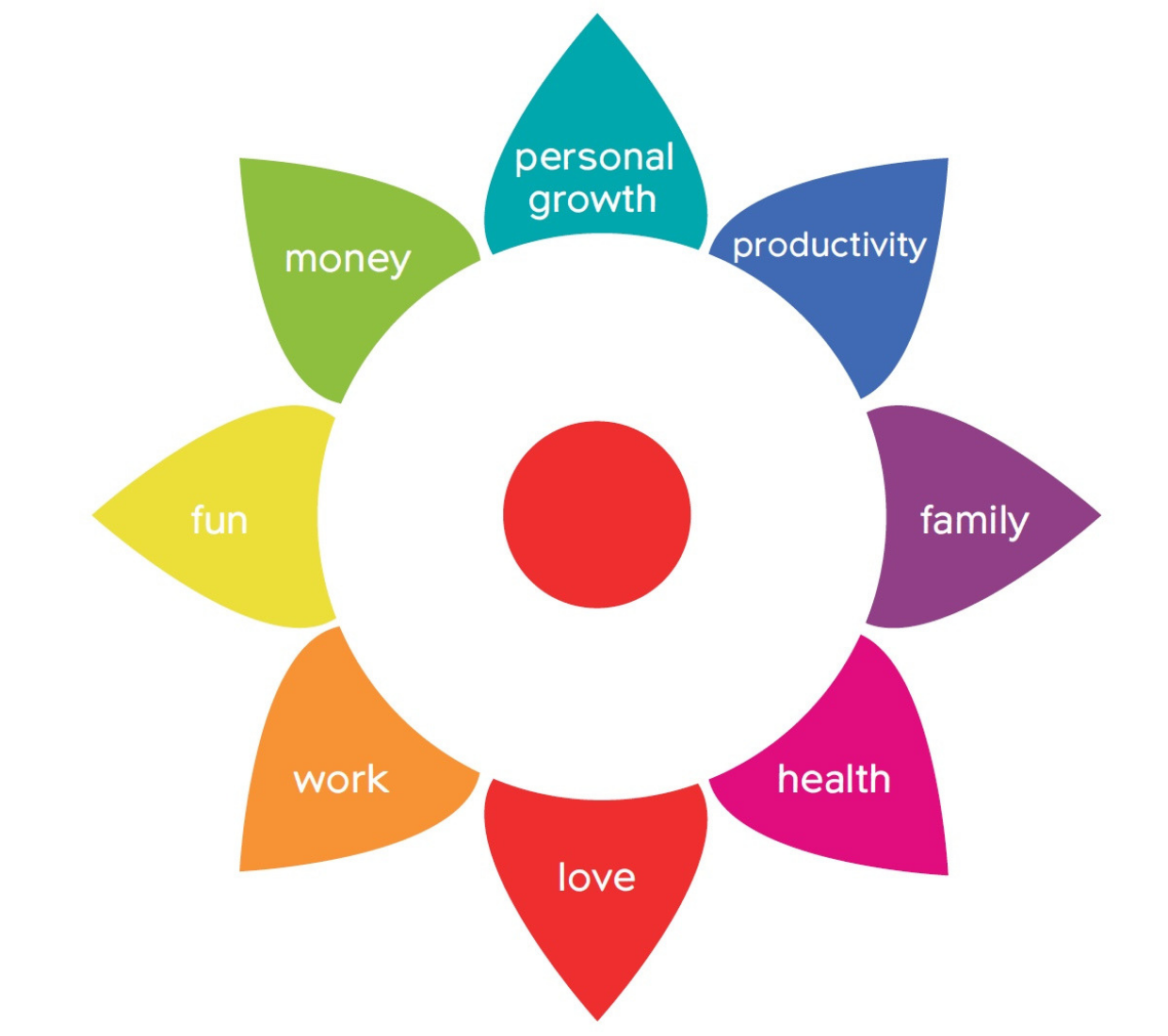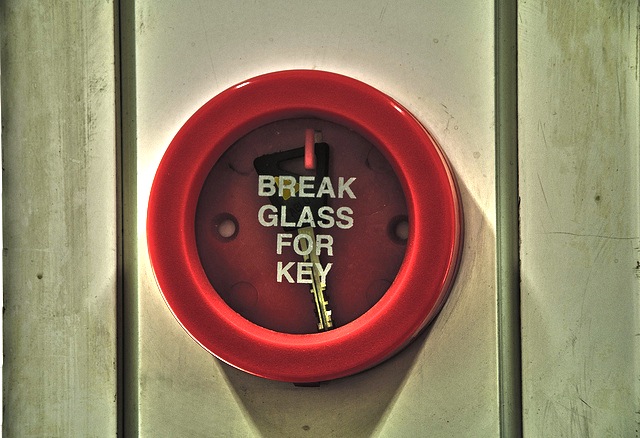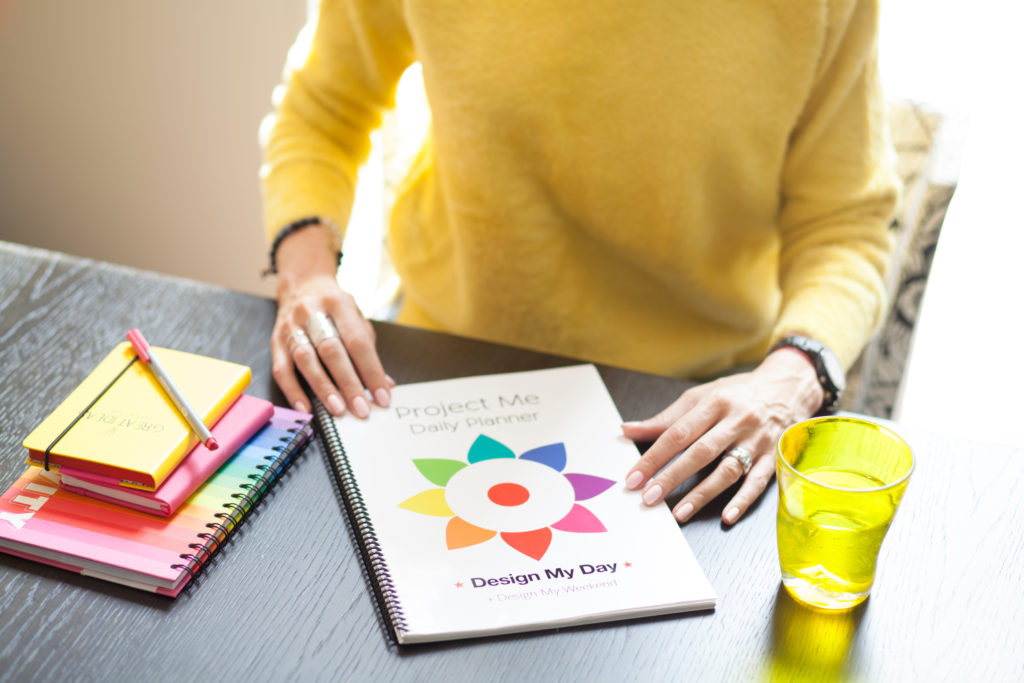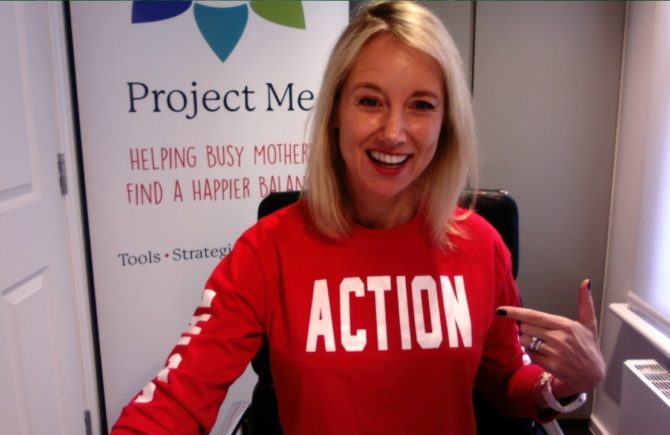
Learn To Speak Your Partner’s Love Language
Does your partner text while you’re talking? Fail to notice when you’ve had your hair done? Does say he loves you, but you’d feel like he meant it if he helped out around the house more?
Or maybe a kind gesture on your part didn’t get the desired reaction from him. You’re left wondering why you even bothered at all.
Ever feel like you’re speaking completely different languages? Maybe you are!
Relationship expert Gary Chapman says there are five different languages of love. If you both speak the same language that’s great, but if not you might need the help of an interpreter!
In his #1 best selling book ‘The Five Love Languages: The Secret to Love That Lasts’, Gary writes about the importance of being able to express your love to your partner in a way they’ll understand.
The basic principle is that we each use one of five primary love languages. This determines how we give love and how we want to receive it. Learning to speak your partner’s love language and vice versa will do wonders for your relationship.
Ever since I read this book I’ve had a fresh insight into what makes my hubby tick. ‘Caring Acts of Service’. (And no, that doesn’t just mean sex…)
It means a lot to him when I remember to buy his favourite coffee or sparkling water before it runs out. Or taking his shoes to be resoled, his suit to the dry cleaner or his tennis racket to be restrung. It’s all of those things that take a small load off his plate. I haven’t gone so far as to fill in his tax returns, but I know that would be a pretty grand act of love!
Knowing that his primary love language is Caring Acts of Service means I can remember to sprinkle it into the week fairly effortlessly. I’ll tell him to go and relax while I clean up the dinner dishes. Or I’ll go and collect our son from a party – even though it’s his turn.
And I’ve been able to help him understand why his gifts and compliments aren’t nearly as meaningful to me as quality time and conversations. It isn’t enough to just be in the same room at the same time. I need focused attention. If he’s reading or texting while I’m talking I feel insulted. (Even though annoyingly he can repeat back what I’d said word for word… grrrrr…..)
Read the following Five Love Languages and try to identify your partner’s as well as your own.
1. Appreciative/Affirmative Words
Compliments and positive comments are high on the priority list. They need to hear things that make them feel good, build their confidence and make them feel appreciated. ‘I really like your haircut’, ‘That’s a great colour on you’, ‘I appreciated you clearing up today.’ ‘Thanks so much for organising our trip. I know how much work went into it.’
Love letters and cards also go down well. Make sure you’re genuine in what you say. Also be aware that these partners love to give compliments, so accept them graciously.
2. Quality Time/Conversations
Whether it’s watching a movie together, going for a walk, having a date night or a kiddie free break, these partners really value doing things together. What you do is less important than the fact that you’re spending time together focused on each other, so give your partner your undivided attention. Some couples think they’re spending time together when, in reality, they are only living in close proximity.
Those who value quality time may also feel a strong need for quality conversations. They want eye contact and focused attention when they speak. They aren’t always looking for solutions when they express their feelings, they just want to feel heard.
3. Gifts
For some partners, what makes them feel most loved is a gift. It doesn’t have to be expensive to send a strong message of love. Not a natural gift giver? Notice when your partner says ‘I’d really like one of those’ and make a note of it. Listen carefully and you’ll get quite a list. If you’re a spender you’ll have little difficulty in buying gifts for your partner, but if you’re a saver, you’ll experience resistance to the idea of spending money as an expression of love. Try to reframe it and realise that when you meet the emotional needs of your partner, it’s the best investment you can possibly make. You’re filling their emotional love tank.
4. Caring Actions/Acts of Service
If you promise this partner you’ll wash the car, make dinner, bath the kids, water the garden or post a letter, then you’d better make sure you do it. If this is their primary love language, they’ll feel unloved if you never offer to do things without them asking. They feel especially loved when you go out of your way to take something off their plate. Reframe ‘nagging’ as a way of knowing the kinds of things you can be helping them with. Make note of the things they especially complain about doing and do them as an act of love.
5. Affectionate Physical Touch
These partners need regular hugs, kisses, shoulder rubs, hand holding and would be very upset if you reject them because you’re too busy or tired. This can require making an effort to notice the way they touch you as this will be the way they perceive a loving touch. Bonus points for putting your arm around your partner in front of their family or friends. It says ‘Even with other people around, I still see you.’
Discovering your partner’s primary love language means you’re better able to keep his emotional love tank full. And that means he’s less likely to feel neglected, unappreciated or grumpy. And more fun to be around!
Not sure which of these is your primary love language? Try to look at the negative use of love languages. What does your partner fail to do or say that hurts you? If your primary love language is used negatively by your man (ie: he does the opposite) it will hurt you more deeply than it would someone else.
Share this with your man. Use it as a tool for expressing what you need from him in order to feel loved and supported. And spend some time finding out how he likes to feel rewarded. It’s a win-win!
For a great giggle, watch Oprah Winfrey taking the 5 Love Languages test here!
And check out the fantastic ‘Love Languages for Children’ book to help you find out which love language your children needs. This was a real eye opener for me!
Did you like this post? Please use the social media share buttons to like/tweet/pin. And if you want more small positive actions you can take in your daily life, sign up for Monday Motivators. These little gems hit your inbox once a week and help keep you focused on solutions that’ll bring about more happiness. Who doesn’t want more of that?
Before you go, please leave a comment below telling us what you think your love language is. Is there one in particular that stands out?
photo credit: Laurie Pink via photopin cc

Have you got the FREE & FABULOUS Project Me Life Wheel® yet? It’ll quickly show you where you’re currently out of balance so you know what needs your focus FIRST.
Enter your first name and email address below:
You will also receive the Project Me newsletter to keep you motivated and inspired in all areas of your life.
I won't bombard you or share your details with anyone - promise.












Nice one Kelly really loved this topic, the book sounds like a winner!
I’m glad this topic resonated with you Sonia – thanks for taking the time to let me know 🙂
What a brilliant post! I really needed this tonight and will be showing my man 🙂
It’s a great topic to discuss with your man Clare. Anything that improves communication and connection is always a good thing! X
I’ve read the 5 Love Languages of Children as recommended on you “We love” list. Excellent – really made me see my son’s reactions in a different light and fixed a few issues. I have tried to see which love language my husband most fits into, but can’t work that one out, so will pop over to Chapman’s website and work on that. Thanks for a great post.
I’m happy you’ve mentioned The 5 Love Languages of Children. Another insightful read by Gary Chapman that really gave me fresh insight into the differences between my two boys. I’m happy you got some great results Karin.
Hope you enjoy this one just as much 🙂
Makes so much sense! 🙂 Thank you Kelly!
You’re most welcome Adrienn! 🙂
Hi Kelly. I read the book a long time ago and have since seen it mentioned all over the place! My primary love language is physical touch. I agree that the book is useful not only for adult relationships, but for relating to kids as well! Great post!
Yes, it’s one of those now classic relationship books that deserves a re-visit every so often to refresh your mind! He’s written a whole separate book for finding out your child’s primary Love Language, although the 5 different types remain the same. Fascinating stuff.
Thanks for your comment Pam!
I read a blog post about the language of love a while back. It didn’t classify the languages as you do here, but just gave one person’s experience of her language and her partners. I kept it in my inbox because it made me think about things that were showings of love that I maybe sometimes don’t “translate” that way.
Sara, I hope this more detailed blog will help you translate even deeper! Thanks for reading and taking the time to drop a comment 🙂
Loved this post, Kelly!
I know my hubby and I have different love languages, so I’m excited to dive in deeper. I had a friend recently recommend Chapman’s book, so I’m taking this as a sign I need to read up 🙂
Yes, it’s a definite sign Mariah! Look forward to hearing what you think 🙂
Great post Kelly, I’m going to share this one on my FB page – thank you!
That’s an honour coming from you Julie as I know you’re a professional ‘Wife Coach’! Thanks so much for reading and taking the time to comment 🙂
Great post Kelly.
Although, I am still a little confused. I think I relate to different love-languages under different circumstances.
Sometimes I wanna blurt out all my thoughts & feelings.. at other times I just wanna be hugged.
I guess finding the love language we/our partners prefer most is the key here.
Thanks for getting me start thinking!
Hi Tanushree,
Yes, I was putting it into a neat nutshell for this blog post, but in the book he delves a lot deeper into it and there are many questions to answer which get you to hone in one a main love language. But it is true that we can display signs of several of them from time to time!
Happy it’s got your cogs turning 🙂
[…] as much as I love feeling cherished, I also want to feel appreciated! I discovered that my primary Love Language is ‘words of affirmation’. If your hubby isn’t very verbal in expressing his […]
This book was an easy read and was so clear. I am nearly finished and know my love language is Quality Time. I think my husband’s is Acts of Service – same as you Kelly! The book gives a nice framework to start the conversation and understand each other more 🙂
Brilliant Ray! Yes I agree that it provides a great framework that opens up important communication. 🙂